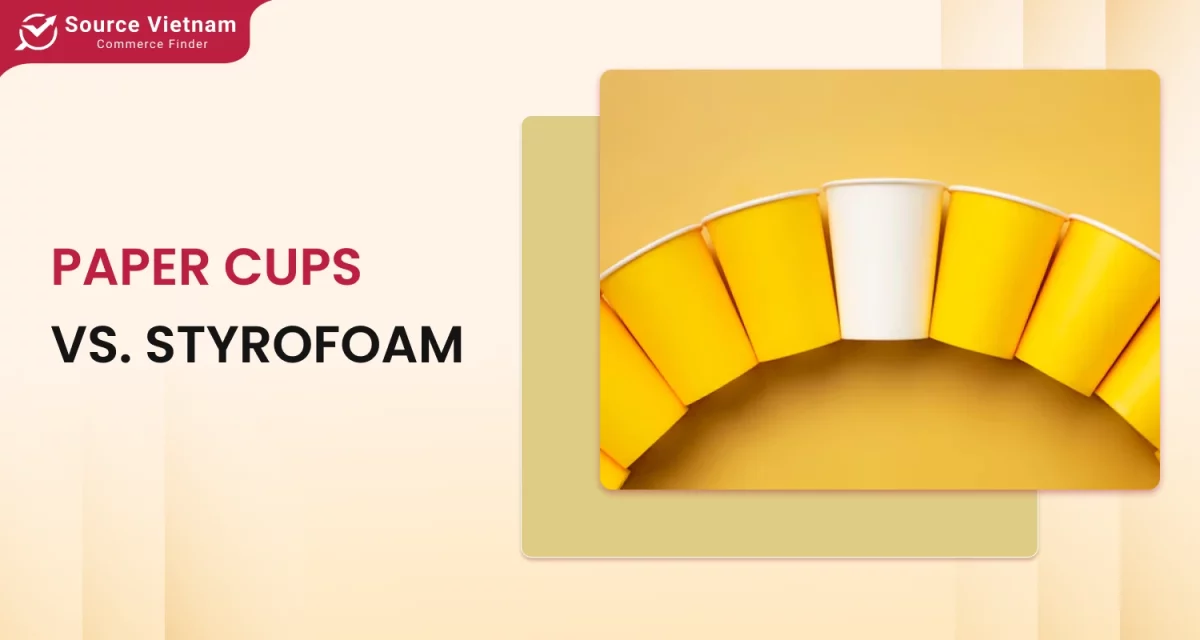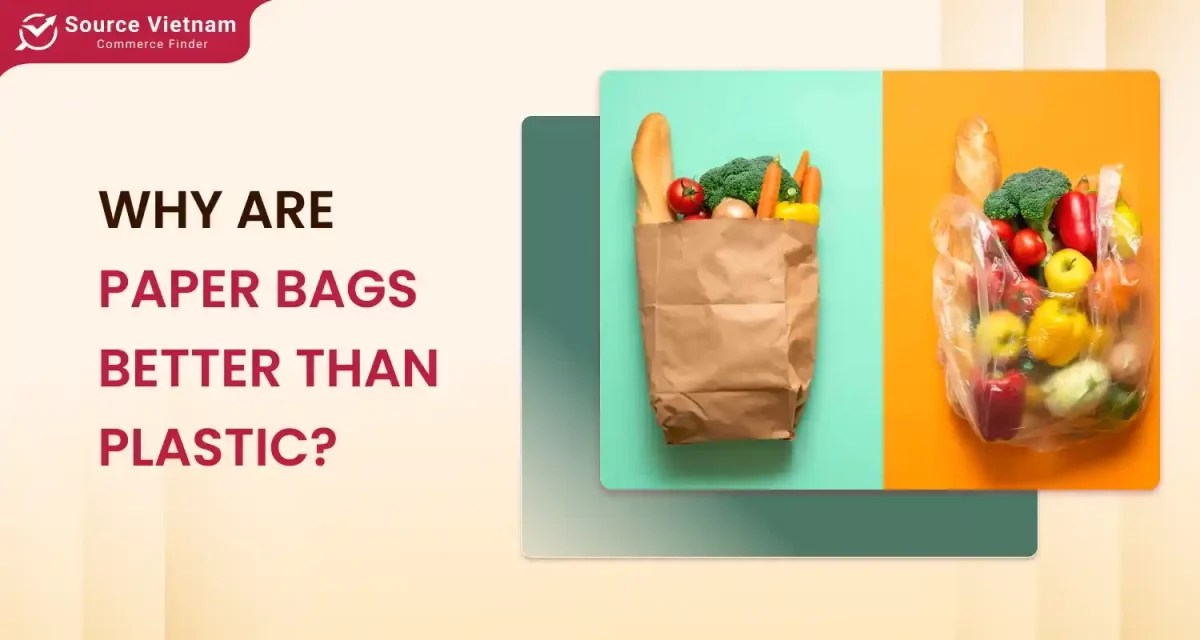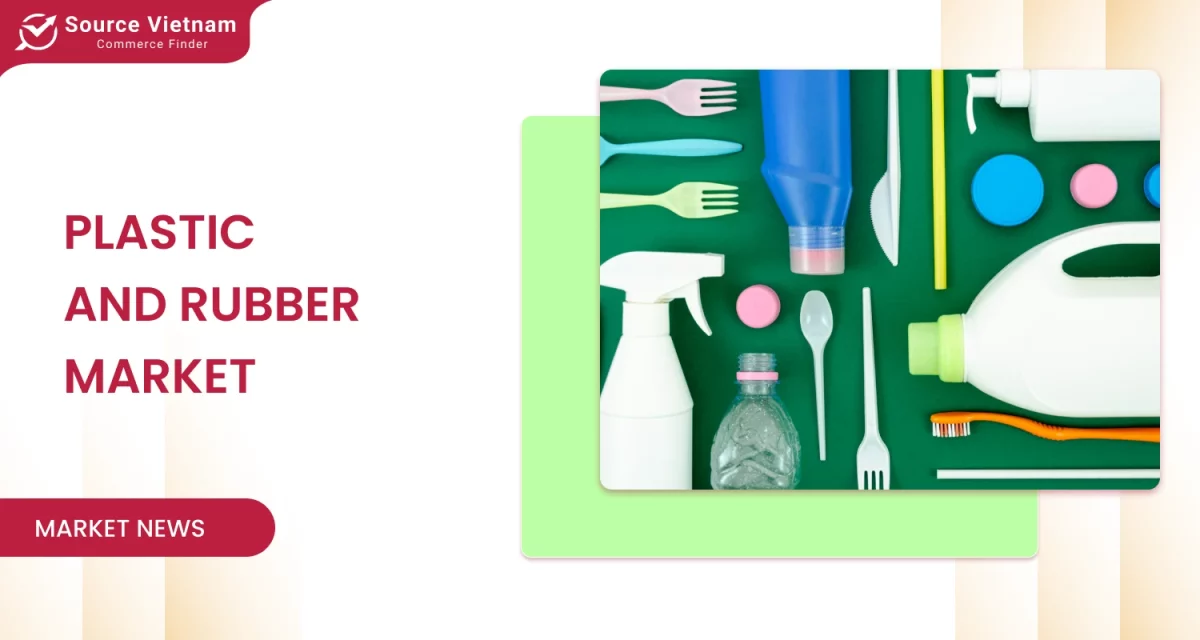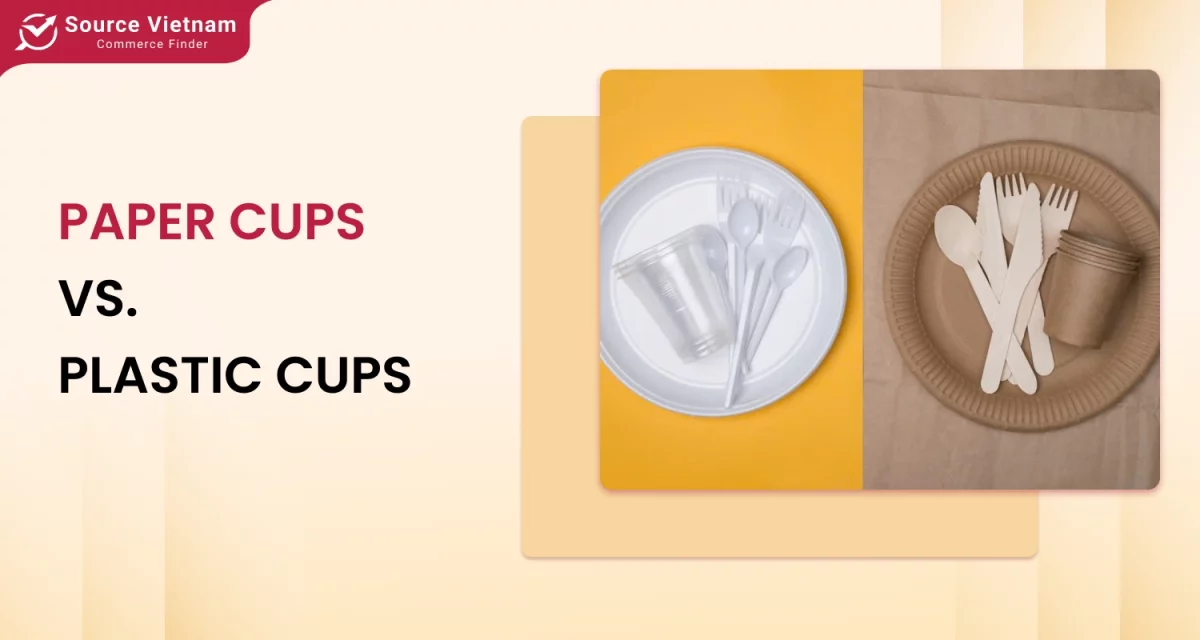The difference between single-wall and double-wall coffee cups lies in design and functionality, which creates diversity in your coffee-drinking experience. While single-wall coffee cups are light and budget-friendly, double-wall coffee cups do a far better job regarding insulation and comfort.

This article provides the key coffee cup comparison, exploring design, coffee cup insulation properties, and environmental impact. Discover the benefits of single-wall vs double-wall coffee cups and find the best choice for your coffee habits.
What are single-wall coffee cups?
Single-wall cups are known as disposable coffee cups, primarily for takeaway. This type of design is made from paper or plastic material with one layer.
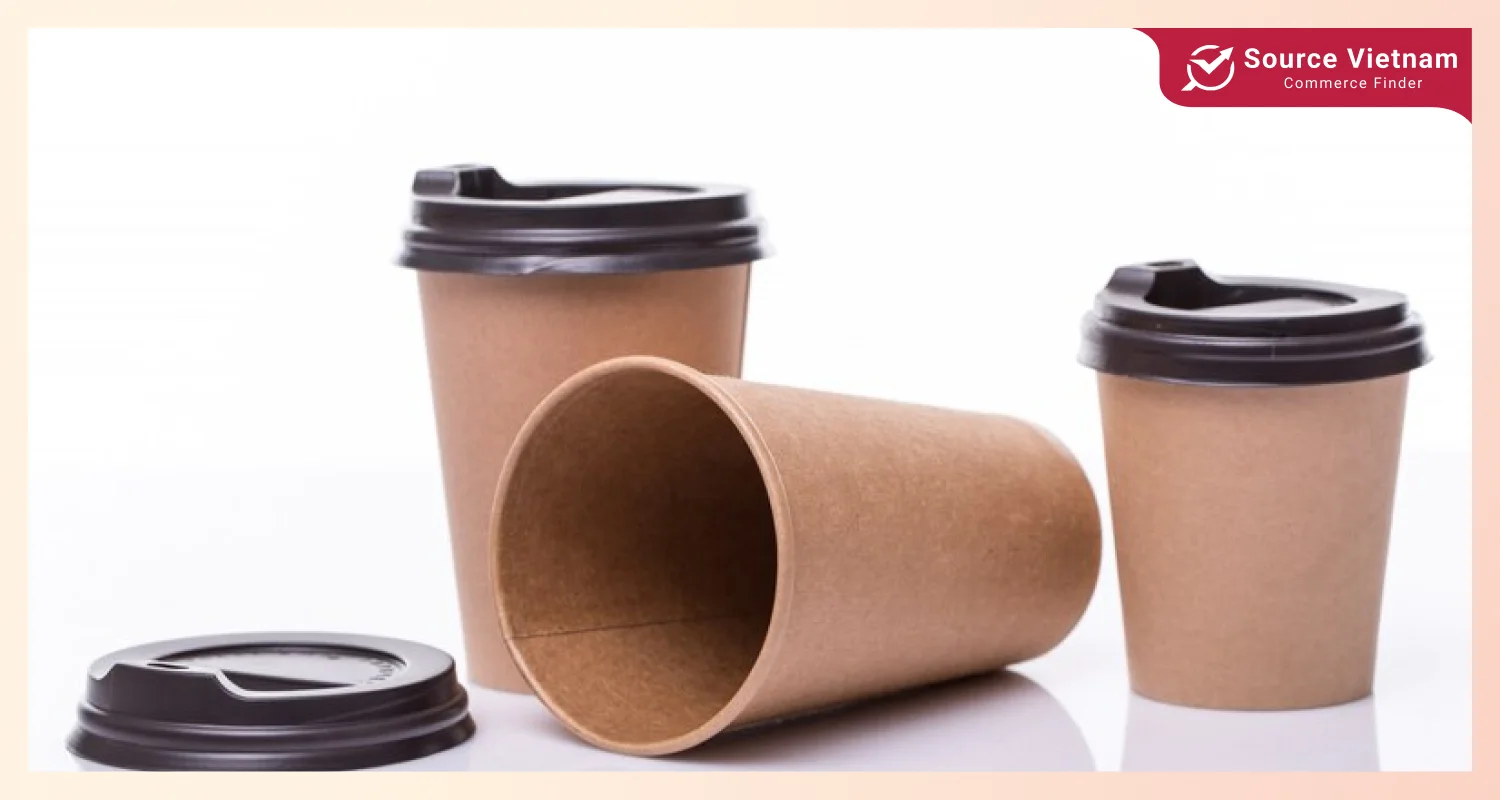
Advantages of single-wall coffee cups
Single-wall coffee cups have been preferred by businesses because of their affordable and practical nature. They are generally cheaper compared to double-wall ones so for high-volume usage in cafes, events, or takeaways. They are light and, thus, easy to handle, transport, and store, especially for those businesses that have small rooms for storage or those that need portability.
Also, single-wall cups come in various sizes, designs, and materials, thus suitable for serving different beverages. Single-wall coffee cups can remain practical for users who focus on convenience and easy operations.

Disadvantages of single-wall coffee cups
Although single-wall coffee cups have many functions, several disadvantages are associated with them. Poor insulation is a major issue of single-wall coffee cups. They conduct heat quickly, making them less effective at retaining the temperature of hot drinks.

Also, it is not suitable for single-wall coffee cups for hot beverages, requiring a coffee cup sleeve or double-cupping for protection. These additional measures can increase waste and cost, which may not align with sustainability goals.
What are double-wall coffee cups?
Double-wall coffee cups are designed with two layers and have small gaps in between them for air. This construction maintains the hot drink while keeping the outer surface cool and comfortable. This advanced construction eliminates additional coffee cup sleeves and enhances durability and user experience. Normally, they are made of paper or plastic.
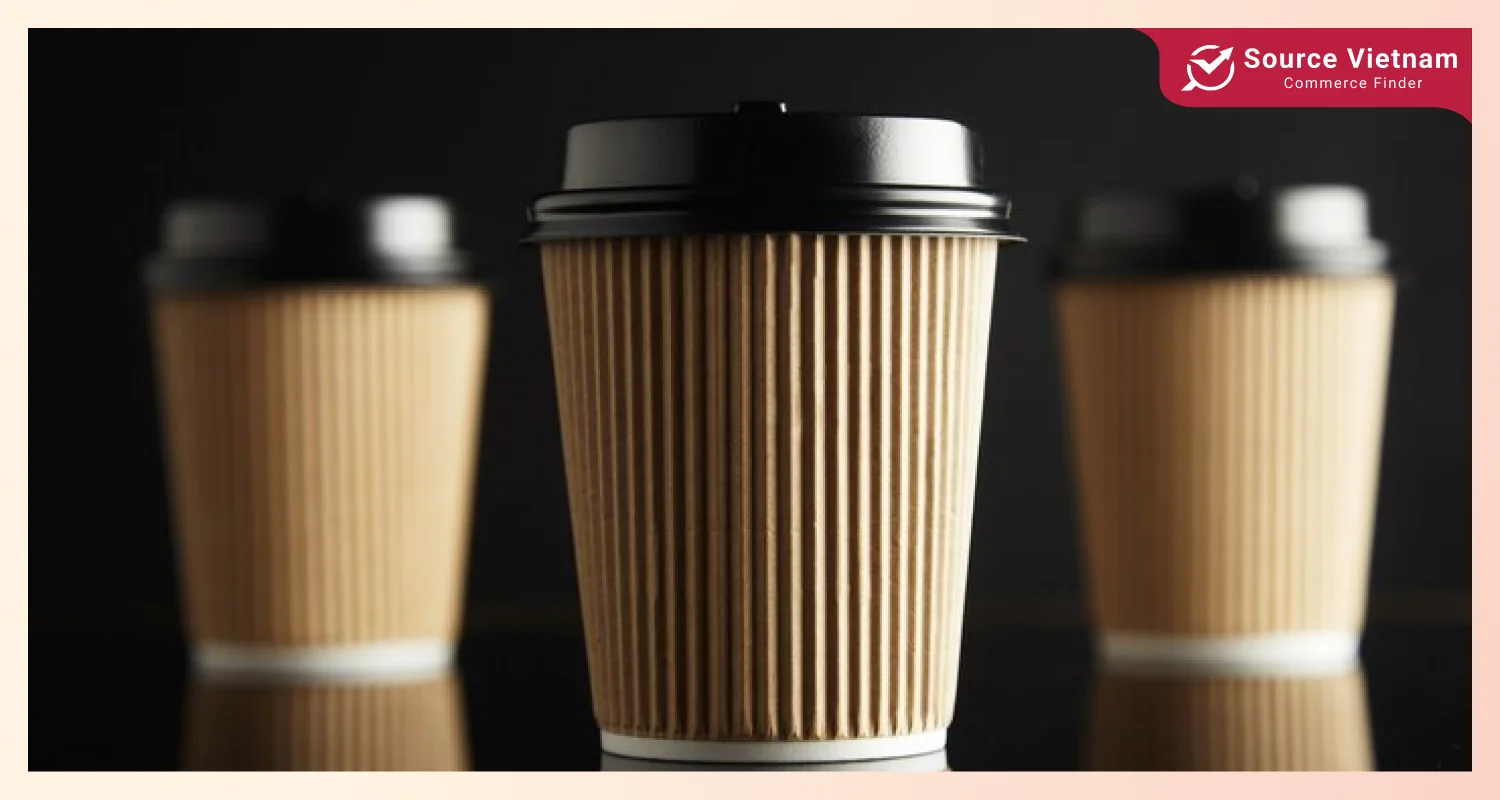
Advantage of double-wall coffee cups
Because of the many benefits of double-wall coffee cups, they are a primary option for serving beverages. The two-layer design with an air gap prevents heat from reaching the outer surface. This structure also retains heat better, offering superior insulation. Unlike single-wall cups, double-wall coffee cups can avoid additional sleeves, thus improving convenience and reducing waste.
In addition to the above, double-wall cups are heavier than single-wall versions which can affect storage and transportation during mass production.
Disadvantage of double-wall coffee cups
Despite their many advantages, double-wall coffee cups have a few cons. They are more expensive than single-wall cups due to the materials and construction required for their advanced insulation. This higher cost can be a concern for businesses focused on cost efficiency.

Moreover, double-wall cups are slightly heavier than single-wall options, which may impact storage and transport for large-scale operations.
Read more >>> Top 10 Best Places To Buy Wholesale Craft Supplies
The difference between single-wall and double-wall coffee cups
There needs to be a more straightforward response to the issue of whether to choose single wall vs double wall coffee cup. If, in your case, the economical and easy features of the cup are the most important factors, then you can choose single-wall cups. On the other hand, if comfort and insulation come first, then double-wall cups are worth the price. Let’s explore the main difference between single-wall and double-wall coffee cups:
| Feature | Single-wall coffee cups | Double-wall coffee cups |
| Insulation | Poor insulation; heat transfers quickly to the outer surface. | Excellent insulation; air gap reduces heat transfer. |
| Comfort | Uncomfortable holding hot drinks often requires a sleeve. | Comfortable to hold; no sleeve needed for most hot beverages. |
| Condensation | Prone to condensation with cold drinks. | Reduces condensation; keeps hands and surfaces dry. |
| Durability | Less durable; prone to crushing or tearing. | More durable due to double-layer construction. |
| Cost | More affordable; ideal for large-scale usage. | More expensive due to advanced construction and materials. |
| Environmental Impact | Easier to recycle if made from single-material paper but may require a sleeve, adding waste. | Harder to recycle due to multi-layer construction, but compostable/biodegradable options are available. |
Insulation
- Single-walled coffee cups offer poor insulation, allowing heat to escape quickly and making the outer surface hot to touch. This is uncomfortable without a sleeve or extra protection. They are referred to as cold beverages, where insulation is less important.
- Double-wall coffee cups are good insulators because they have two layers of air in between. They are great for hot drinks without making your hand uncomfortable.

Comfort
- When cold drinks are served in single-wall coffee cups, condensation often forms, wetting and making the cups slippery. This may result in messy areas and a headache, besides the extra napkins or cleaning.
- Double-wall coffee cups keep the outer surface cool and have no sleeves. They are more comfortable and user-friendly, providing a sleek and convenient option for hot drinks.
Condensation
- With cold drinks, single-walled coffee cups tend to create condensation, wetting and giving the cups a slippery nature. This may be the nature that causes messy surfaces and inconvenience, raising demands for more napkins or cleaning.
- Double-wall coffee cups minimize condensation because of their air-gap insulation, keeping the outer surface dry and comfortable to hand. This makes them a cleaner, more convenient choice for serving cold beverages.
Durability
- Comparatively, single-wall coffee cups are less resilient to tearing or crushing, particularly when using heavier drinks or ice. This makes them less reliable for fast-paced or high-volume usage.
- Double-wall coffee cups are known as stronger and more durable, with their dual-layer. They resist damage better, ensuring a safer and more reliable option for everyday use.

Cost
- Single-wall coffee cups are more affordable, making them ideal for businesses focusing on high-volume or disposable use. Their lower cost suits events or takeaway operations where cost-efficiency is key. However, additional items like sleeves for hot drinks can slightly increase expenses.
- Double-wall coffee cups are more expensive due to their added layer and superior insulation. While the cost is higher, they provide a premium touch that enhances the customer experience. This makes them a valuable choice for cafés or businesses prioritizing quality.
Environmental impact
- Single-wall coffee cups have recently become much greener; most are made from recyclable or biodegradable materials. Their simpler structure can make them infinitely more recyclable in most facilities, provided they are free from plastic linings. Many of these are integrated with FSC certifications. They are made of sustainably sourced paper and contribute to environmental causes.
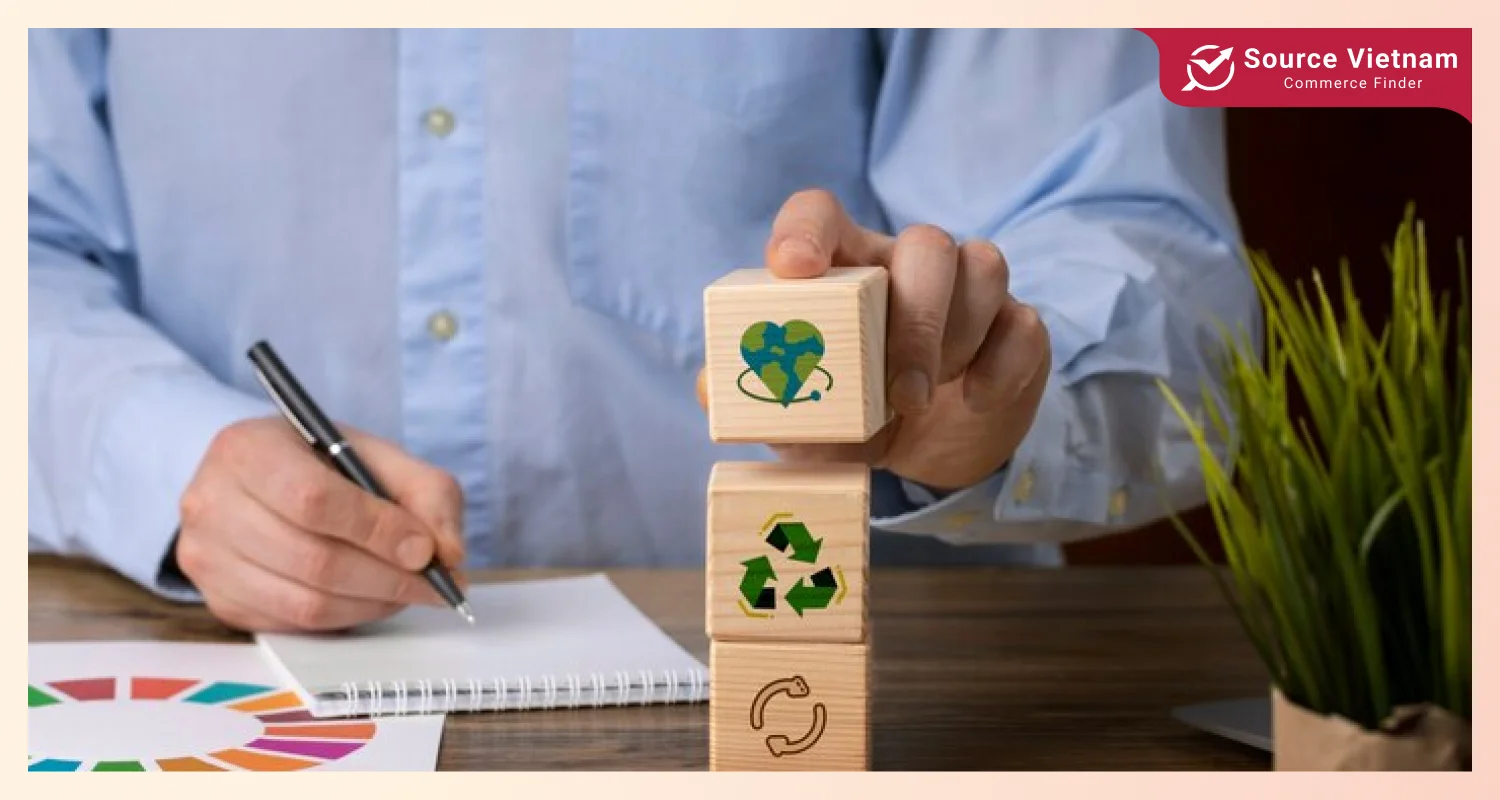
- Double-wall coffee cups are harder to recycle because they are made of a double-layered construction that merges multiple materials. With new eco-conscious designs using compostable or biodegradable materials, they can even be an option for a sustainable coffee cup. If correctly planned, it can mirror a business concerned with a lesser environmental impact but one that provides quality.
Sustainable forestry: The environmental impact of coffee cups
Understanding the environmental effects of coffee cups makes sustainable choices for your business and the environment. Discover the differences between paper and plastic, eco-friendly alternatives, and what certifications mean.
Paper vs. plastic
| Aspect | Paper coffee cups | Plastic Coffee Cups |
| Biodegradability | More biodegradable as they are made from natural materials.
Plastic lining slows decomposition, requiring industrial composting. |
Does not decompose naturally; remains in ecosystems for centuries.
Plant-based materials such as PLA are biodegradable but need controlled conditions in industrial composting. |
| Recyclability | Difficult to recycle due to plastic lining unless facilities can separate it.
New designs with compostable linings are improving recyclability. |
Easier to recycle if made from single-material plastics (e.g., PET, PP).
Contamination from food or drink can reduce recycling rates. |
| Material consumption | Requires significant water, energy, and wood pulp; it may contribute to deforestation.
FSC-certified or Rainforest Alliance-certified cups ensure sustainable sourcing. |
Made from petroleum-based materials, increasing carbon emissions.
Lightweight nature improves transportation efficiency, slightly offsetting the carbon footprint. |
| Environmental impact | Can decompose faster but often requires composting facilities. | Long-term environmental damage unless made from biodegradable plastic alternatives. |
Sustainable options
To reduce the environmental impact of coffee cups, businesses can opt for innovative sustainable options:
- Biodegradable cups: these decompose into nontoxic elements, well naturally, without leaving much waste.
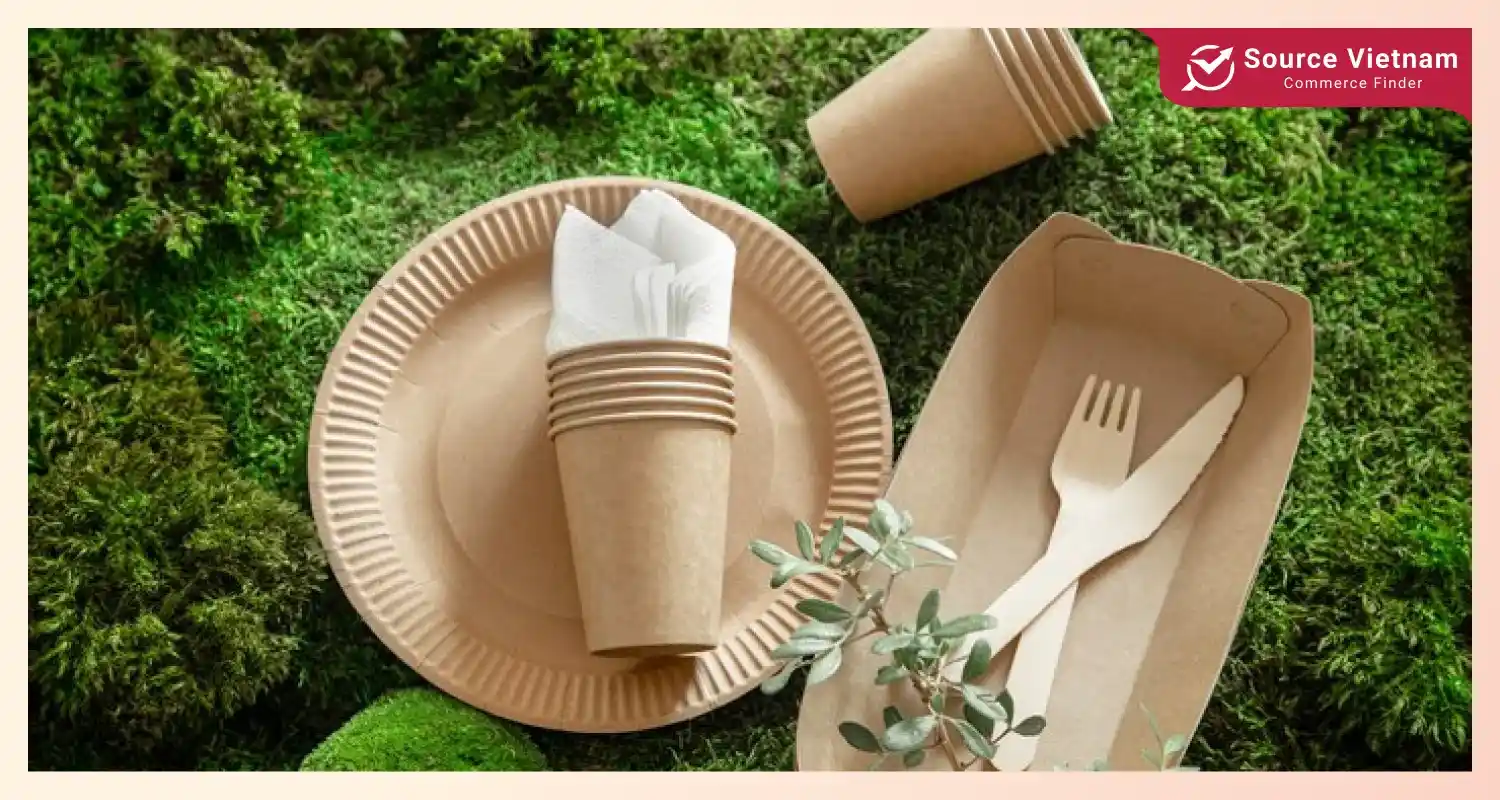
- Compostable cups: PLA or certified compostable paper-based raw materials to make coffee cups decompose in industrial composting without harming nature.
- Recyclable cups: Single-material construction or easily separable linings, making such cups easier to process and, therefore, providing a higher recycling rate.
Certifications
Certifications such as the FSC and Rainforest Alliance ensure that no harmful manufacturing processes occur regarding coffee cups:
- Forest Stewardship Council (FSC): This certification effectively ensures paper products as well as forests are offered along with environmentally responsible concessions, and decreases the practice of felling trees.
- Rainforest Alliance: This certification aims at ethical sourcing and maintaining the ecological balance of community concerns.
- Life Cycle Assessment (LCA): It covers the entire environment and attributes ranging from extraction to production having low carbon footprints.
How to choose the best coffee cup for your needs
Choosing the right coffee cup for your business is more than a practical decision since it will make or break the customer’s experience of your coffee, cost control, and eco-friendliness. From single-wall, hot-beverage coffee cups to premium insulated options, here are the key factors:
Beverage type
Single-wall coffee mugs are only good for serving cold beverages like iced coffee. However, double-wall coffee cups are suited for hot drinks like coffee or tea. They provide better insulation while keeping the outside cool to the touch.

Usage
Double-wall coffee cups are the most environmentally friendly for personal use. For large-scale events or quick takeaways, single wall cups will be economical. Double wall cups are best suited for cafes or premium hot drink service to the customer.
Budget
Single-wall cups are cheap for high-volume or budget-sensitive uses. On the other hand, double-wall cups are more expensive but offer better insulation. Their premium makes them a great choice for businesses looking for quality and customer satisfaction.
Environmental impact

Single-wall cups are more easily recyclable, especially when their materials are biodegradable or FSC-certified. While double wall cups are not as easy to recycle due to their construction. Buying cups with minimal waste and sourcing materials responsibly furthers the environmental impact by supporting sustainability goals.
Conclusion
Choosing the right coffee cup depends on your priorities—single-wall cups are economical and practical, whereas double-wall cups provide superior insulation and durability. Understanding the difference between single-wall and double-wall coffee cups can help you make the best choice for your beverage needs and environmental goals.
Choose based on your needs and what is right for the planet. SourceVietnam.com offers many coffee cups and sustainable solutions designed for your business or personal use.
FAQs
What is the difference between single-wall and double-wall coffee cups?
The basic difference between single-wall and double-wall coffee cups lies in construction and functionality. Single-wall coffee cups are made from one layer, making them light, and inexpensive, but with poor insulation-they become hot while holding. Double-wall coffee cups are designed with two layers separated by an air gap, so you can keep drinks hot or cold for a longer period.
Are double-wall coffee cups better?
Yes, double-wall coffee cups are better at retaining temperature or cold, so perfect for hot drinks such as coffee and tea. They don’t need additional sleeves to protect them from heat, thus offering a classier and more practical experience. However, they are typically more expensive than single-wall cups, which may be a consideration for high-volume usage.
Can I use single wall cups for hot drinks?
Singe-wall coffee cups are used for hot drinks, but they are not insulated, and therefore the outer surface can get hot to the touch. They are comfortable and safe with a coffee cup sleeve or the double-cup method, which is costly and results in waste.
What are the most eco-friendly coffee cup options?
Eco-friendly coffee cups are designed with minimal waste and environmental impact. These variants include:
- Compostable: These return to their natural components. Made from materials like PLA,…
- Biodegradable: Capable of decomposing without causing any harm to the environment (bamboo or cornstarch).
- Recyclable: Single-material plastics are easily removable for recycling.
- Reusable: stainless steel, glass, or other types of resistant material with longevity.
Choose certified options (FSC, Rainforest Alliance) for added sustainability.

